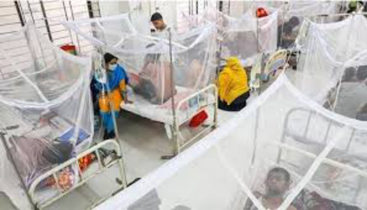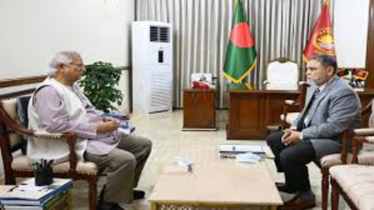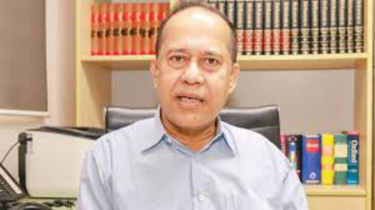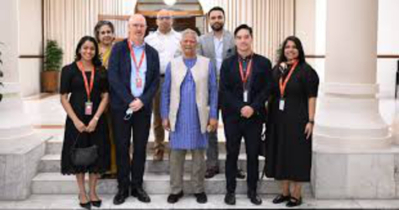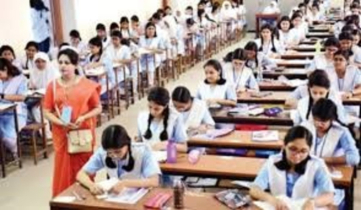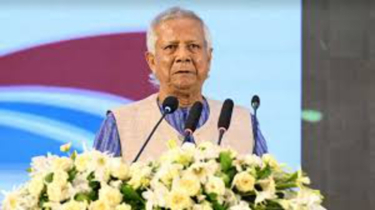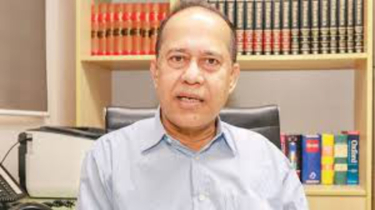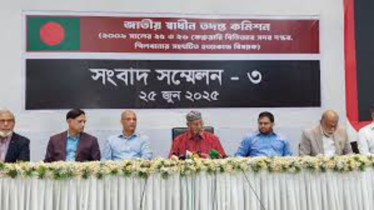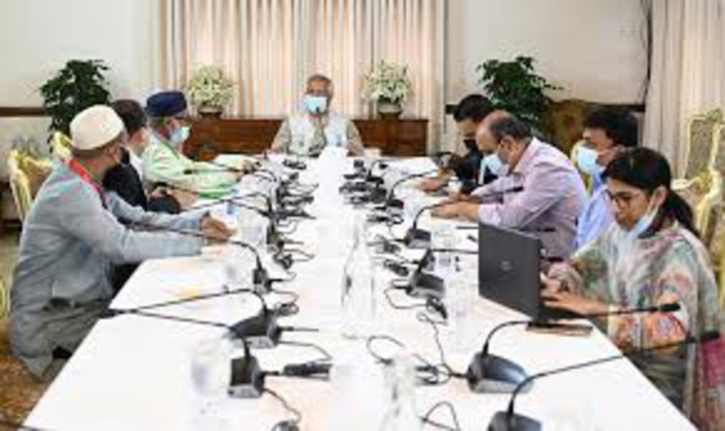
Chief Adviser (CA) Professor Muhammad Yunus on Thursday instructed the authorities concerned to take initiatives to generate power by installing solar panels on the rooftops of all government buildings in the country.
He gave this instruction at a meeting titled “National Rooftop Solar Programme” at the State Guest House Jamuna in Dhaka, reports BSS.
Officials present at the meeting said, according to the 2024 report of the International Renewable Energy Agency (IRENA), Bangladesh is far behind its neighbouring countries in expanding solar power and meeting the set targets.
India produces 24 percent of the total electricity demand from solar energy, Pakistan 17.16 percent, and Sri Lanka 39.7 percent, while Bangladesh produces only 5.6 percent of the total electricity demand from solar power.
According to the Renewable Energy Policy 2025, the target for generation from renewable energy has been set at 20 percent of the total power demand by 2030 and 30 percent by 2040.
To achieve this target, the tender process for 55 land-based solar power plants with a capacity of 5,238 MW has already started. However, the official concerned said it will take time until 2028 to implement it.
At the meeting, the chief adviser directed to take the quickly implementable “National Rooftop Solar Programme”.
He also directed the authorities to take necessary measures to install rooftop solar systems on all government buildings, including schools, colleges, madrasahs, and hospitals.
Prof Yunus said: "Consider whether the installation of solar panels in government buildings can be done by private initiatives. Those who install them will maintain it in their own business interests, operate it effectively. Only the roofs will be provided by the government; they will do the rest of the work."
He said they must know the experience of all the institutions that have installed rooftop solar systems so far. "We need to know what kind of problems they have faced. We need to move towards resolving those problems," Prof Yunus said.
In this process, the government schools, colleges, and madrasas will not have to pay electricity bills for electricity consumption and the institutions will get rent for the roofs used for solar power generation.
Power, Energy and Mineral Resources Adviser Fouzul Kabir Khan, Bangladesh Investment Development Authority (BIDA) Executive Chairman Chowdhury Ashik Mahmud Bin Harun and senior officials of different ministries were present at the meeting.
TH

.png)
